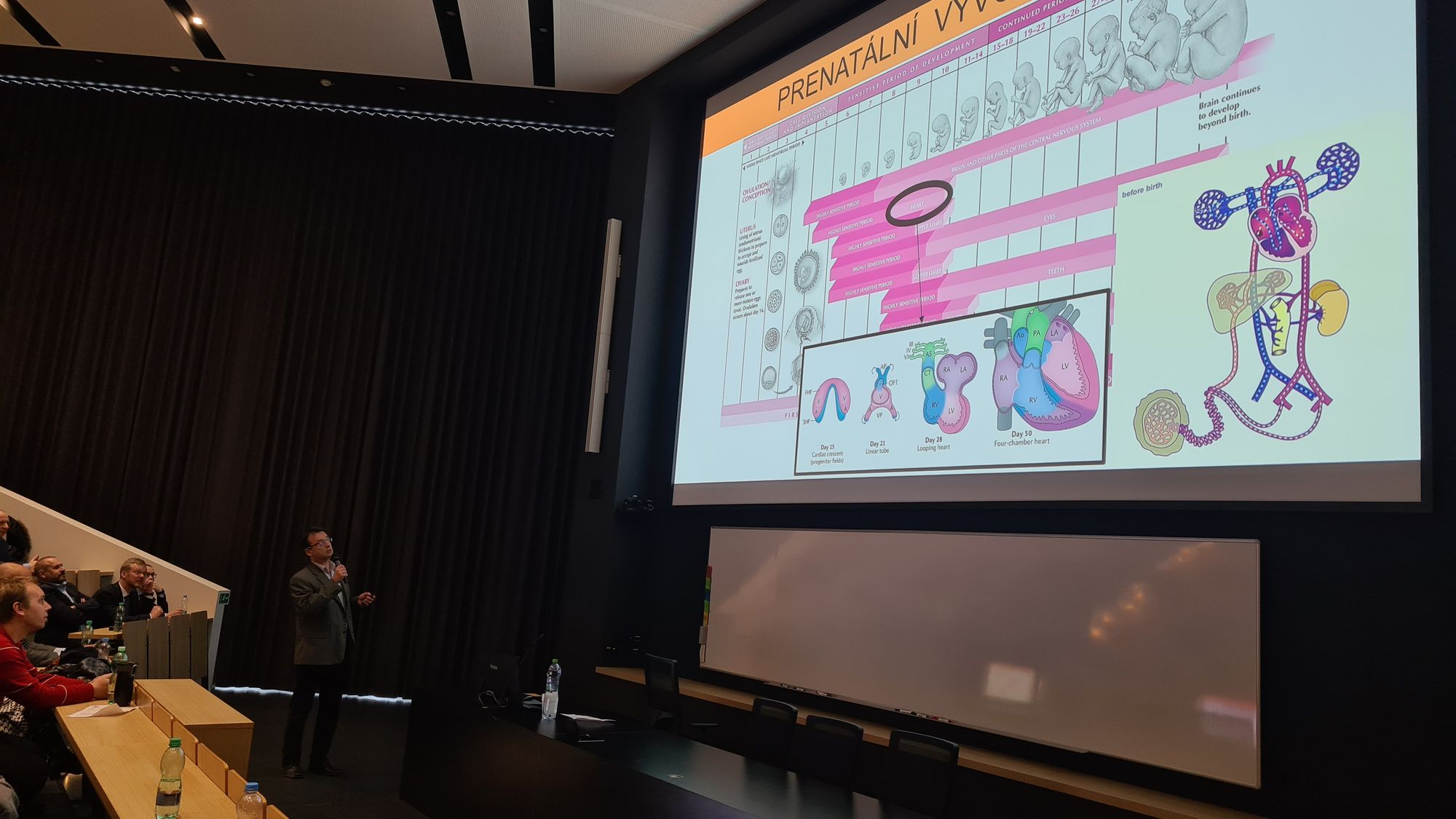The (im)possible - BECOMING PREGNANT WITH HALF A HEART

First time I Googled something like "pregnancy with a single ventricle heart" was around six years ago, when I found out our daughter would be born with half a heart. Would she ever be able to have children of her own? Preparing myself for what was to come, I wanted to know everything, all at once. The summary of rushing through headlines and research conclusions smudged by an ocean of emotions was that she will never be able to have a child of her own.
I do not know if the Google algorithm adapted to my need for more medical content and in depth reading over the years or something actually changed in the field, but it has become clear that pregnancy and having a family is very much possible for at least some of the patients with single ventricle hearts.
I was always told as a kid that I could do whatever I wanted, but when I transitioned into ACHD (Adult Congenital Heart Disease), suddenly there was all this new information that made me think about my future differently. Suddenly I was told that having a pregnancy would be high-risk and could possibly lower my life expectancy. That was a huge blow to me. I had never been told that growing up! My mom would ask at every heart appointment if I could "have a family someday" and the answer was always yes. Now all of a sudden the answer was very different.
Lenae, 33 years old, United States
(Healing Heart and Minds, A Holistic Approach to Coping Well With Congenital Heart Disease, by Tracy Livecchi, LCSW and Liza Morton, PhD, p. 184)
Each story is different, of course. Just as every single ventricle heart is unique. But there are some general conclusions that can be drawn.
So, yes, in theory, it is possible to be pregnant with half a heart, but it does not mean it can be taken lightly. There are risks to both the mother and the baby. In order to make an informed decision, the common advice is to first have a consultation with the cardiologist to get information about the burden a pregnancy puts on the heart, about risks and factors that increase them, as well as to learn how to manage those risks.
- increased risk of a heart defect recurrence
- increased risk of a spontaneous abortion (27 - 69%)
- premature birth (70 - 80%)
- intrauterine growth retardation (70%)
*data presented by MUDr. Viktor Tomek, Ph.D. at the meeting of single ventricle patients and their families living in Czech Republic (Prague, January 2023)
Some also advise a consultation to be done with a genetic counselor, as well as an obstetrician - gynecologist (maternal - fetal) medicine specialist.
There are other important aspects that are worth considering beyond physical risk. Some people worry about whether they have enough energy to raise young children. Others are concerned about their life expectancy or the impact of their health condition on their prospective family.
(Healing Heart and Minds, A Holistic Approach to Coping Well With Congenital Heart Disease, by Tracy Livecchi, LCSW and Liza Morton, PhD, p. 185)

- heart failure: the heart may not be able to pump enough blood to meet the increased demands of the body
- arrhythmias: pregnancy can cause irregular heartbeats which can be dangerous or even life-threatening
- blood clots can block blood flow to the heart or lungs, causing a heart attack or pulmonary embolism
(summary by OpenAI's ChatGPT)
Bottom line, women with single ventricle hearts have a high risk of a number of complications during pregnancy. That is why it is advisable to involve a multidisciplinary team of healthcare providers from the start - meaning, as soon as the planning of pregnancy starts.
It is important to know that there are many women who have gone through this process and because of the possible risks involved have decided not to go forward with a pregnancy. Some decide to live their lives without having a child, and they enjoy the many other aspects such as their work, relationships, being a supportive aunt, loving their pets, and having freedom. Others may decide to pursue a child of their own through adoption or surrogacy. Deciding whether or not to have a child is a personal decision. There really is no right or wrong answer. What is important is that you make your decision in an informed and thoughtful way.
(Healing Heart and Minds, A Holistic Approach to Coping Well With Congenital Heart Disease, by Tracy Livecchi, LCSW and Liza Morton, PhD, p. 186)
Medical Disclaimer
This article is for informational or educational purposes only. It does not substitute professional medical advice, diagnosis or treatment. Always seek the advice of a physician or other qualified health provider.